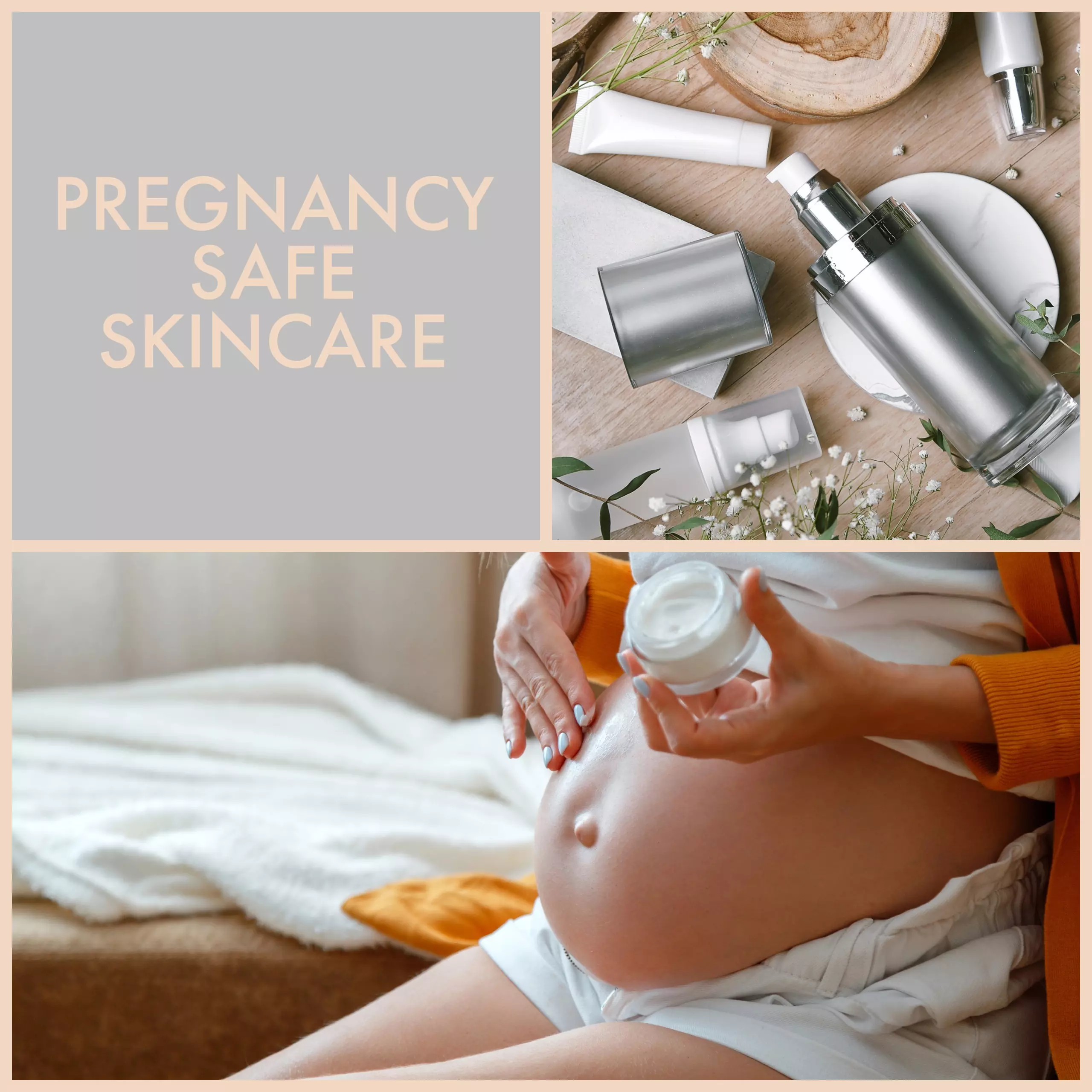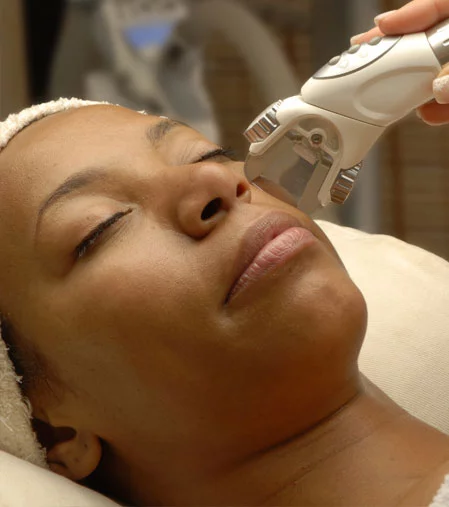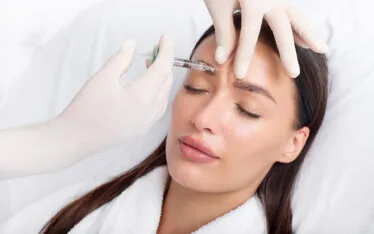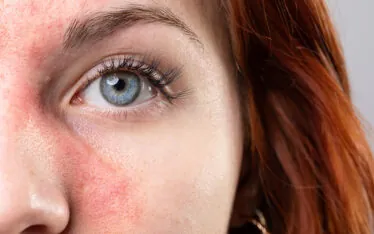Pregnancy safe skincare

Pregnancy can affect every aspect of the body but one organ often overlooked is the changes to our skin. While some may experience that beautiful natural pregnancy glow, others can experience some pesky skin symptoms including hyperpigmentation, dry skin, acne, stretch marks, and worsening of pre-excising skin conditions. Hormonal influence and changes in our immune system are to blame. Sometimes specific skin symptoms can indicate a more serious issue going on internally. Treatment of these conditions during pregnancy should be handled with caution. The skin is highly permeable and can systematically absorb chemicals and toxins that we come into contact with. Some of which may adversely affect a growing fetus. Therefore, when finding out you’re pregnant it is important to not only check your medications and diet, but also your skincare products to ensure they are pregnancy safe.
1) Hyperpigmentation
Estrogen increases tyrosinase enzyme activity which directly increases the production of melanin (pigment cells). This leads to expected darkening of the linea nigra, armpits, and groin that normally resolve after pregnancy. Tyrosinase activity can also increase the risk of developing hyperpigmentation of the cheeks, forehead, and upper lip, a condition known as melasma, which may remain after pregnancy. It may be tempting to reach for skin lightening treatments, however, those such as hydroquinone and its natural derivative arbutin should be avoided in pregnancy because of high systemic absorption. Instead look for products that contain kojic acid, niacinamide, or vitamin C. Prevent further pigmentation with a daily mineral based sunscreen containing zinc oxide/titanium dioxide and avoid chemical sunscreens such as Oxybenzone.
2) Acne
Some women may notice improvement in their complexion during pregnancy. Others can experience breakouts due to a surge of progesterone during the first trimester. Progesterone hormone triggers sebum (oil) production which can trap dead skin cells and bacteria within the pores. Decreased immune function allows that bacteria to multiply and cause inflammation within the skin resulting in acne. If you are taking any oral medications to treat pre-existing acne, you will want to stop these and discuss them with your doctor. If you are using over the counter or prescription retinoids it is recommended to discontinue as excess amounts may lead to birth defects. It is also best to avoid high doses of beta hydroxy acids (BHA’s) such as salicylic acid. Instead reach for a benzoyl peroxide wash (no more than 4%), gentle alpha hydroxy acids (AHA’s) such as glycolic acid, and azelaic acid.
3) Dry skin
Estrogen, relaxin, and cortisol cause the skin to lose some of it’s elasticity to accommodate for a growing fetus. Decreased elasticity in turn results in loss of moisture within the skins barrier. This can cause dry, itchy, sensitive skin, and worsening of pre-existing conditions such as eczema and dermatitis. Dry skin can be mitigated by using gentle non-soap cleansers and daily moisturizer. Look for skincare products that contain hyaluronic acid which delivers a higher moisture content. Avoid personal care products that contain phthalates and formaldehyde which are endocrine disrupters that may affect pregnancy hormones, and are often a source of skin sensitivity and irritation.
4) Stretch marks
Similar to dry skin, Increased cortisol activity softens the fibrous structures of the skin to further accommodate a growing fetus, often resulting in stretch marks. These are typically unavoidable and permanent, but do fade in appearance over time. Frequent application of moisturizer and oils may decrease some of the discomfort associated with stretch marks.
5) Pre-existing skin conditions
Depending on hormonal influence and shifts in the immune system, pre-excising skin conditions such as eczema, psoriasis, and rosacea may worsen or actually improve with pregnancy. It is important to talk to your dermatologist and obstetrician about pregnancy safe treatments.
6) Warning symptoms
Formation of blisters around the umbilicus, confluent acne-like breakouts on the body with symptoms of burning and stinging, or intense itching of the palms of the hands are warning symptoms that may indicate internal issues that are associated with pregnancy complications. If experiencing any of these symptoms during pregnancy it is important to notify your obstetrician immediately.
7) Premature aging
Although pregnancy does not directly cause pre-mature aging, there are certain anti-aging treatments that should be avoided during pregnancy. This includes retinol, retinoids, chemical peels, and botox. Instead I recommend daily application of a mineral based sunscreen to prevent sun exposure, the number one cause of anti-aging. Bakuchiol which has similar anti-aging benefits as retinoids, and vitamin C which is a powerful anti-oxidant.


